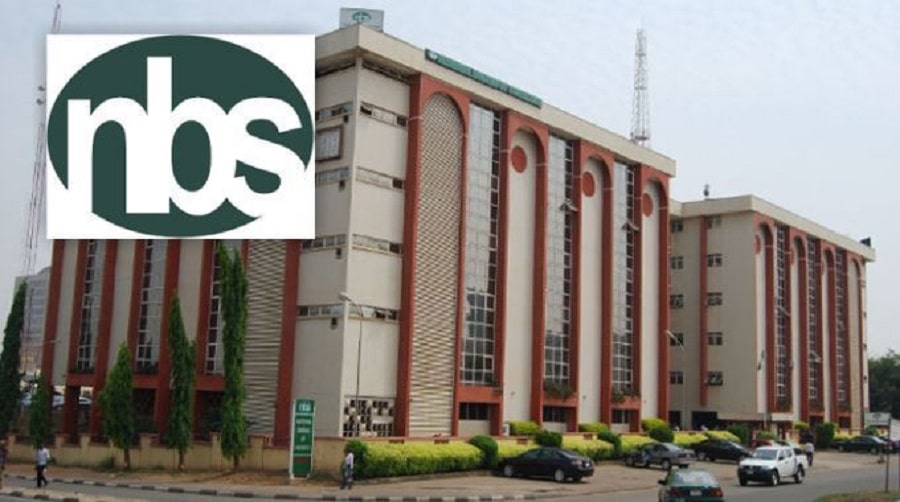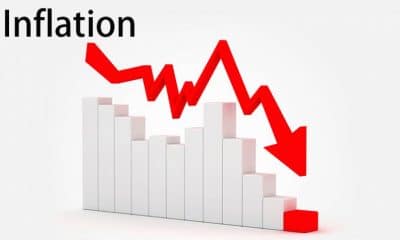Nigeria News
32 States, FCT Fail To Attract Foreign Investment In 2024 – NBS Report

A staggering 32 out of Nigeria’s 36 states, along with the Federal Capital Territory (FCT), recorded zero foreign investment in the first nine months of 2024, a sharp rise from 27 states that experienced the same situation throughout 2023.
This revelation comes from the latest Capital Importation Report released by the National Bureau of Statistics (NBS) for the third quarter of 2024.
The report paints a grim picture of Nigeria’s investment landscape, highlighting the uneven distribution of capital inflows across the country.
The total capital importation for the third quarter of 2024 amounted to $1.25 billion, marking a significant 51.90% decline from the $2.60 billion recorded in the second quarter.
The drop underscores a sharp reduction in foreign investments. However, on a year-on-year basis, Nigeria’s capital importation saw a remarkable 91.35% increase compared to the $650.94 million reported in Q3 2023.
For the first nine months of 2024, Nigeria attracted a total of $7.1 billion in foreign capital, far exceeding the $3.9 billion recorded for the entire year of 2023.
Despite this overall growth, the distribution of capital inflows remains skewed, with only five locations — Lagos, the FCT, Ekiti, Enugu, and Kaduna — recording any form of capital importation.
Lagos, FCT Dominate Inflows
Lagos State retained its position as Nigeria’s economic hub, attracting a massive $4.6 billion in capital importation from January to September 2024. The FCT followed with $2.39 billion during the same period.
Ekiti State attracted a modest $120,000, of which $100,000 came in the third quarter, while $10,000 was received in each of the first and second quarters. Enugu and Kaduna only recorded capital inflows in Q3 2024, attracting $180,000 and $1.95 million, respectively.
No Inflows for Resource-Rich States
Several states that previously attracted foreign capital in 2023, including Abia, Akwa Ibom, Anambra, Niger, Ogun, Ondo, and Rivers, failed to secure any inflows in 2024.
This is especially concerning for oil-producing states like Rivers and Bayelsa, which are critical to Nigeria’s economy.
Other states, such as Bayelsa, Ebonyi, Gombe, Jigawa, Kebbi, Taraba, Yobe, and Zamfara, recorded no capital importation in 2024, mirroring their performance from previous years.
Experts Highlight Key Challenges
Analysts argue that the dominance of Lagos and the FCT in capital inflows reflects their superior infrastructure, regulatory environment, and vibrant economic activity.
In contrast, many other states struggle with issues such as insecurity, poor governance, and inadequate investment-friendly policies.
The failure of oil-producing states like Bayelsa and Rivers to attract foreign capital, despite their natural resource wealth, points to broader challenges that go beyond resource endowment.












